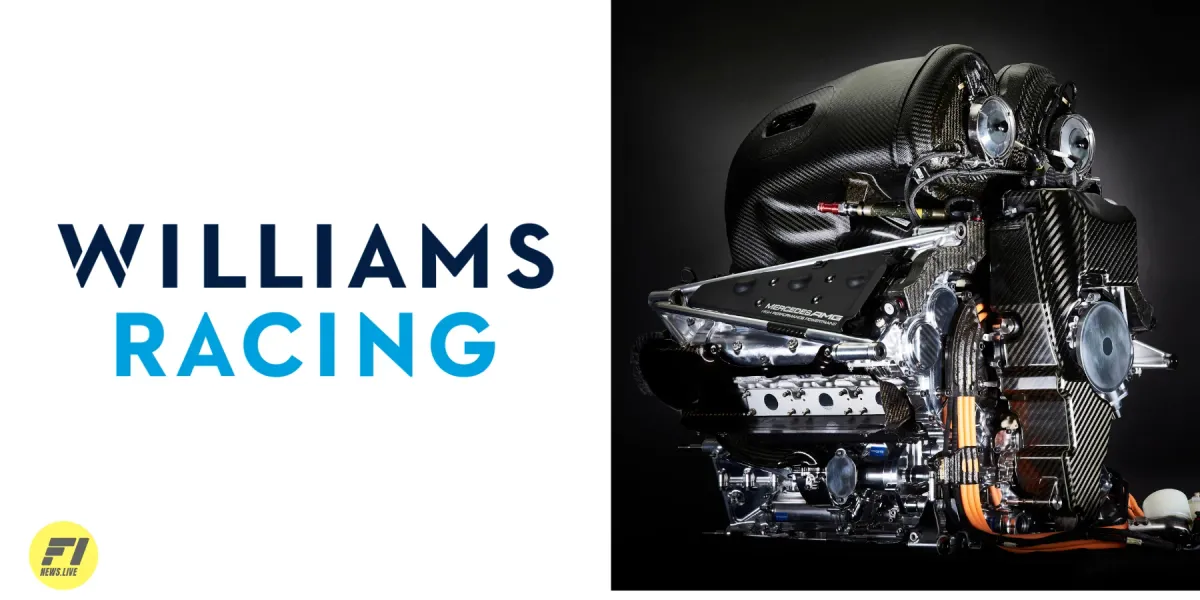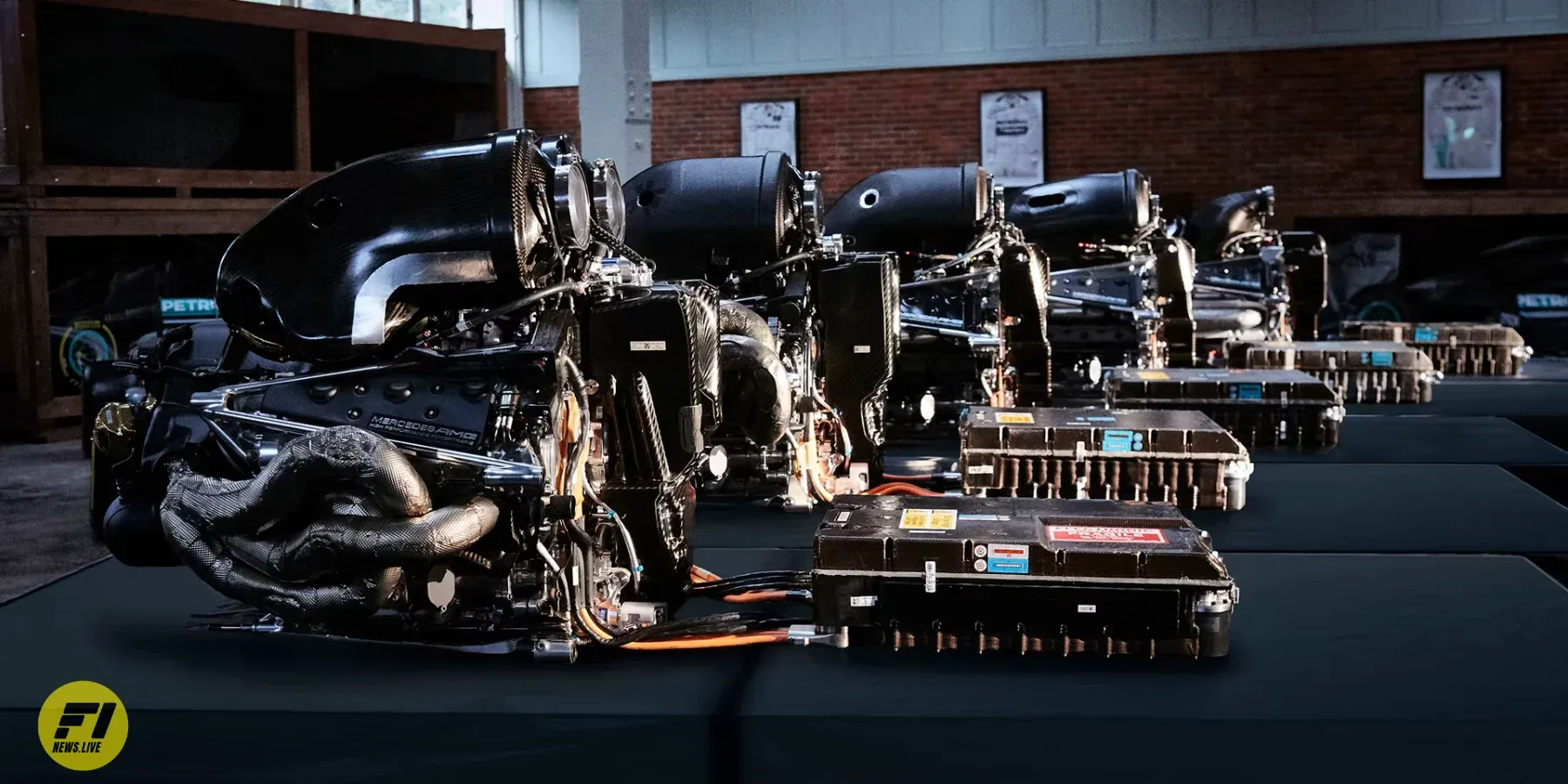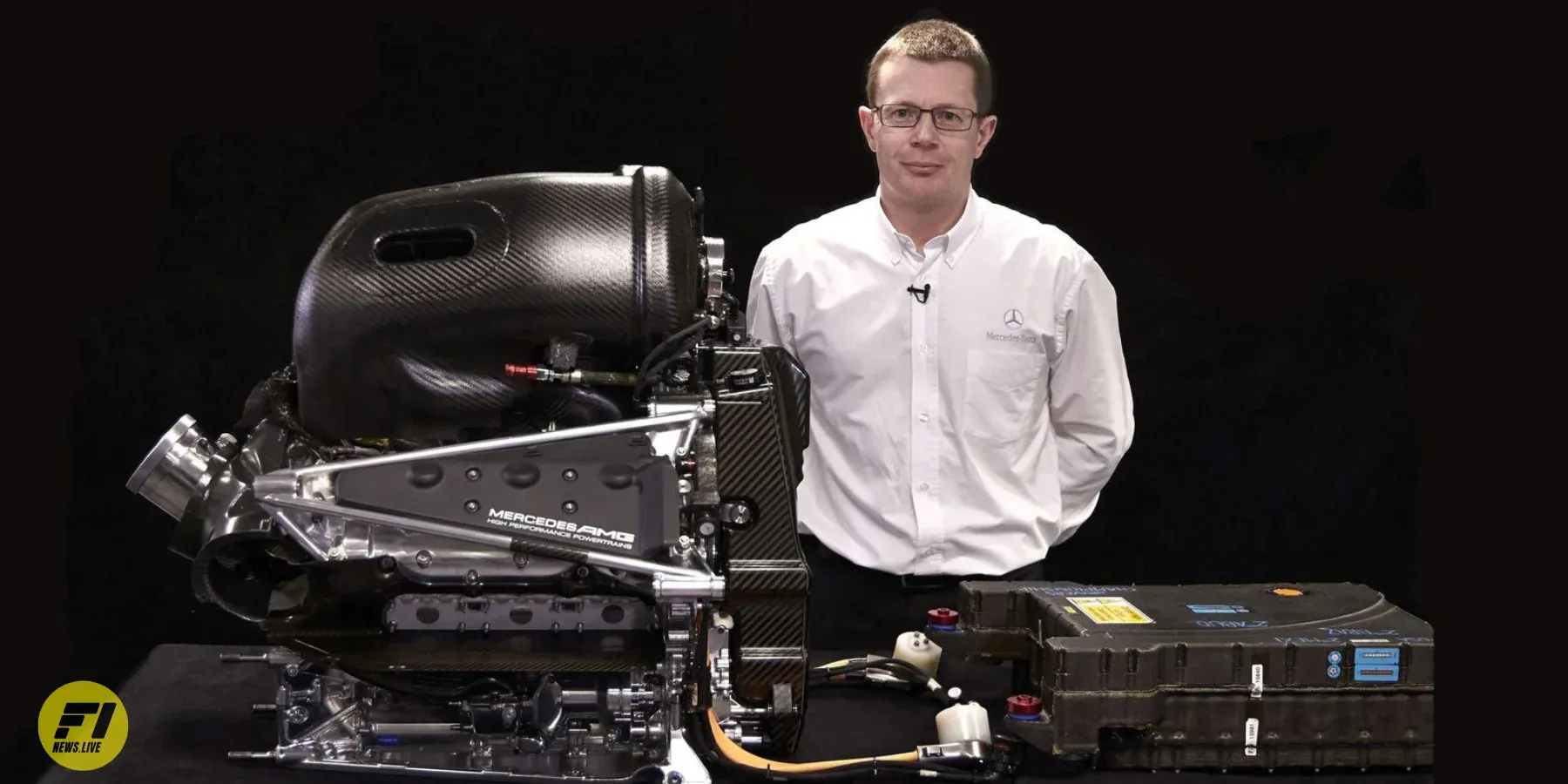Williams extends Mercedes power deal through 2030
Williams has signed on to utilize Mercedes power units through 2030 after receiving partner team status for the next generation of F1 engine rules in 2026.

The Williams Formula 1 team has reached an agreement with Mercedes to continue using the German manufacturer's power units through at least the end of the 2030 season.
This ensures stability in Williams' engine supply as the sport transitions to the next generation of power unit regulations in 2026.
Long-Standing Alliance Continues
Williams has utilized Mercedes engines since the start of F1's current V6 turbo hybrid era in 2014. Over that span, the partnership has yielded 18 podium finishes for the British outfit. The team enjoyed its most successful campaigns with Mercedes power in 2014 and 2015, when it secured third place in the Constructors' Championship.

Securing Williams' services aligns with Mercedes' wider strategy for its future power unit program. Late last year, Mercedes also extended its deal to supply engines to the McLaren team through 2030.
Mercedes Motorsport boss Toto Wolff emphasized the strength of his company's working relationship with Williams and expressed pride in their shared achievements - particularly the milestone of claiming the top four grid spots at the 2014 Austrian Grand Prix.
The Importance of Customer Teams
For Mercedes, retaining partner teams like Williams and McLaren is crucial both politically and commercially under the next engine regulations. The rules continue to mandate that power unit manufacturers supply at least two customer teams. Furthermore, the income generated from client deals is indispensable for sustaining Mercedes' own works Formula 1 operations.

Williams Team Principal James Vowles similarly hailed his squad's productive association with the eight-time consecutive champions. Vowles noted Williams' steadfast commitment to Mercedes' future power unit approach.
Technical Details
Formula 1's 2026 power units will retain the current V6 turbo hybrid configuration. However, electrical components will play a more prominent role - approximately half of the power will come from the hybrid system rather than the internal combustion engine. The sport will also implement 100% sustainable fuels starting in 2026, as it pursues net-zero carbon emissions by 2030.
Williams will undoubtedly hope that its re-upped Mercedes deal ushers in another prolonged stretch of success.

Its most recent podium came courtesy of power unit partner Mercedes, when George Russell finished second at the tempestuous 2021 Belgian Grand Prix, which was truncated to a handful of safety car laps.
With an array of young talent now populating its driver roster, Williams is poised to recapture its former glories if supplied with a competitive powertrain.


Comments ()